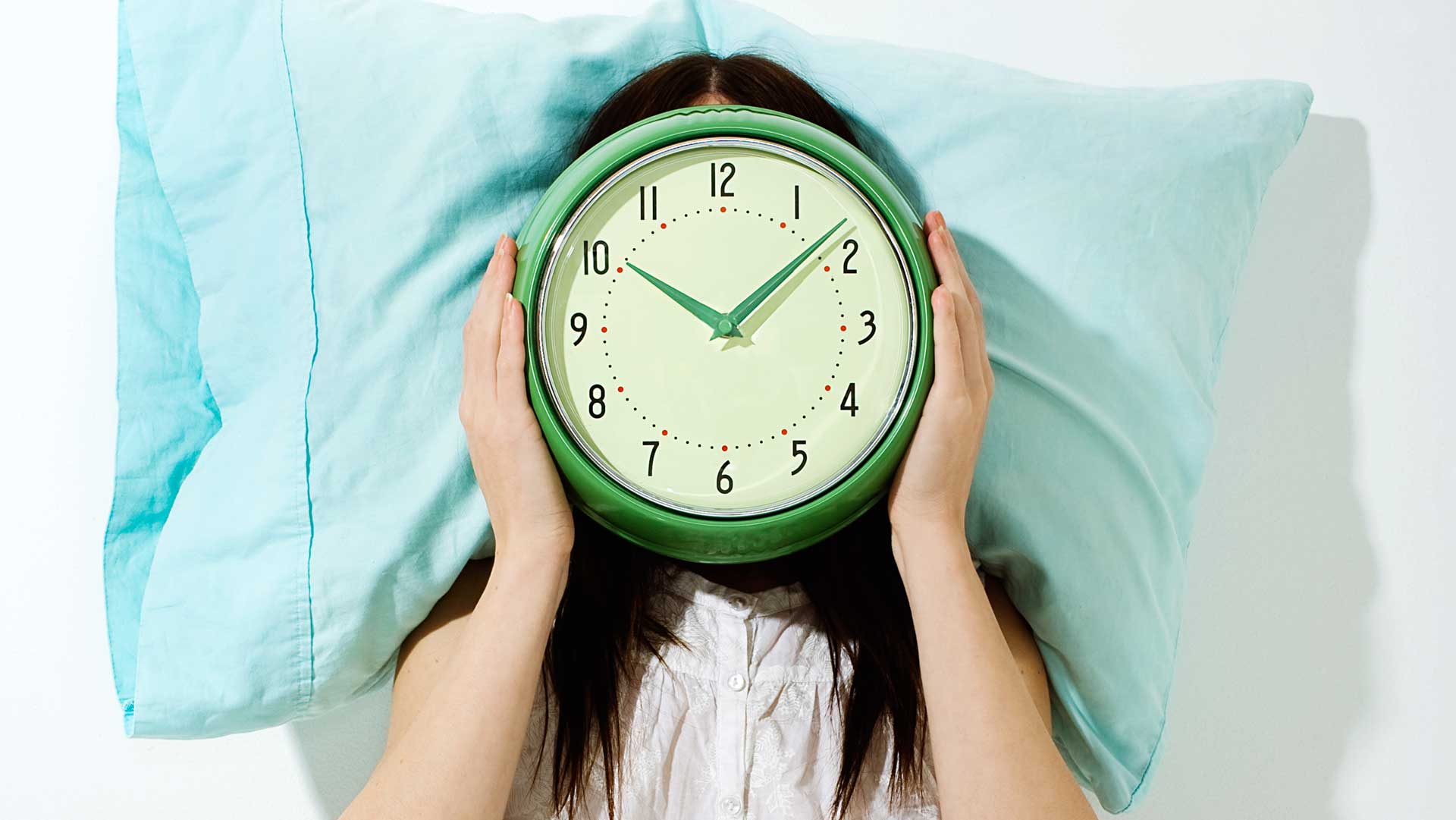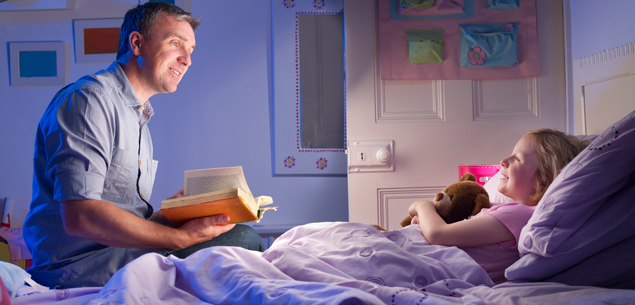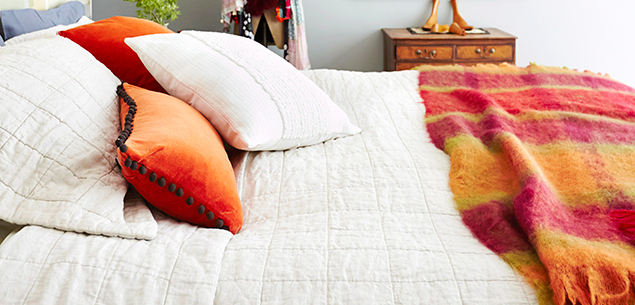Sleep. It’s something that should come naturally. Yet for many of us, trying to get to sleep – and stay asleep – is like trying to catch a tiger by the tail!
This is a real problem, because not only is it incredibly frustrating if we don’t get enough sleep, it can also greatly impact our waking hours. The ideal amount is between seven and nine hours.
Research shows that adults who get fewer than seven hours’ sleep are impacted in the following ways:
• It reduces your energy and your resilience to stress
• It makes it difficult for you to concentrate and remember things
• It hinders your creativity and your level of motivation.
The severity of these symptoms will depend on how many nights you have been sleep deprived for – which can range from one night to several months!
Note: Experiencing an ongoing lack of sleep can lead to more serious mental health problems such as depression and anxiety. Unfortunately, these issues can also impact your sleep, creating a vicious cycle. Take action and the rewards will be great.
Basic sleep checklist
First things first. Tick off these foundations for a good night.
• Don’t drink caffeine after 3:30pm. In fact, make the cut off as early as possible, 9am if you can as it can last in your system for up to 12 hours.
• Avoid alcohol at night.
• Eat a light meal early in the evening.
• Avoid chocolate after dinner.
• Turn off your electronic devices at night – the blue light affects your sleep by reducing your production of melatonin.
• Lower the lights.
• Make sure your bedding is comfortable.
• Ensure your bedroom isn’t too warm and stuffy.
• Read a book or do some gentle breathing exercises in bed.
• Take magnesium (everybody’s favourite ‘go-to’ sleep remedy).
• Go to bed at the same time every night and get up at the same time every morning.
• Count a flock or two of sheep…
If you’re still not achieving a good seven to nine hours per night, making some of the following changes to your routine should help.

To help you to get to sleep…
Take a good quality B-group vitamin in the morning. B-group vitamins not only promote energy throughout the day but also promote sleep at night.
To help you stay asleep…
Supplement your daily diet with calcium tablets. This mineral is one of my favourite supplements for sleep. Among other important roles, calcium regulates the nervous system. It calms us and ensures the release of melatonin.
To help you both get to sleep AND stay asleep…
Take medicinal kava, which is available in tablets or as a liquid herb. This herb is useful in many ways to induce sleep.
Kava is helpful when a person has difficulty getting to sleep because their mind is too active (they are worrying) or because their body is too active (they produce their stress hormone at the wrong end of the day).
This herb also helps those suffering from excessive REM stage/short delta wave stage sleep (those who suffer from nightmares or those people who are having long dreams). Kava is also used for people who have trouble sleeping because they are in pain.
How to up your stay-asleep time
Green-walking is the new sleep-walking. Studies have shown that compared with walking on a city street, taking an afternoon walk of just 17 minutes in a green environment can promote an increase in sleep of up to three hours! (‘Green’ can mean a park, a forest, or the bush.)
The theory is that walking in a green space calms our body, and the decline in body temperature that occurs after afternoon exercise acts as a signal to induce sleep at night.
It can take a little while to establish a better sleep pattern but if you try these steps and good quality sleep still evades you, then consider that your inability to sleep well is actually a symptom – rather than a health condition.
Please talk to your medical practitioner about your problem. They can advise you on the best forms of vitamins, minerals and herbs to take. They can also instruct you on how best to take these sleep aids to maximise their effectiveness.

